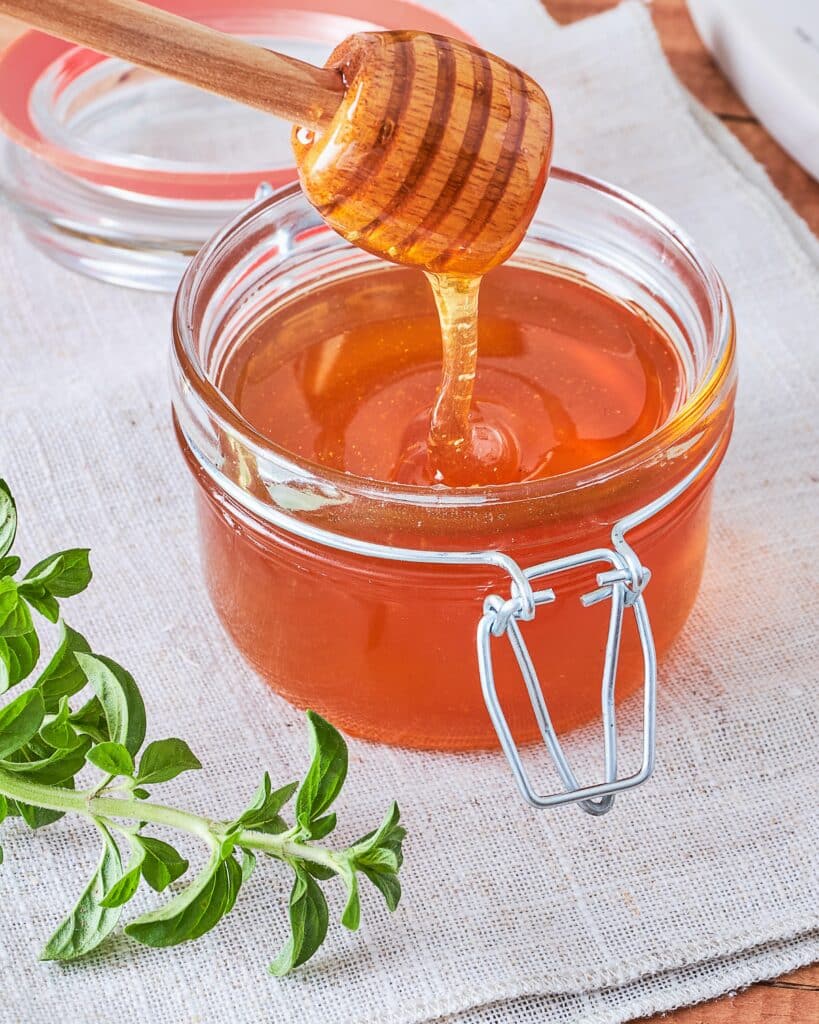A report by the European Commission reveals that a big proportion of honey imported into Europe is suspected of being fraudulent, and often goes undetected. Of the 320 batches of honey tested by the Joint Research Centre (JRC) laboratory for the European Commission, 46% were not really honey. The fraudulent copies contain sugar syrups made from rice, wheat or sugar beet. Most of the adulterated honey comes from China and Turkey.
Honey naturally contains sugars, but, as the EU rules state on the matter, honey must remain pure, meaning it cannot have ingredients added to it. When ingredients such as water or inexpensive sugar syrups are added to increase the volume of honey, adulteration occurs. Also in the UK honey has a high suspicion rate. Researchers said was likely the result of honey produced in other countries like Mexico, Ukraine and Brasil, and further blended in the UK before being re-exported to the EU.
Although these illegal pots of honey are sold in our supermarkets, no information is given to citizens on the products concerned. This is totally forbidden. Food fraud is a crime and it must be talked about openly to ensure citizens know what is happening with their food. In Europe, there is a strong food regulation to protect consumers. However, the European market is allowing the sale of little controlled products.
Apart from the addition of sugar syrups, the UE report also alerts of the presence of additives and colorings and the falsification of traceable information like the true geographic origin of the honey. Now, the European Commission’s Directorate General for Health and Food Safety is coordinating a large-scale control operation within the European Union, in collaboration with 16 European countries, as well as Norway, Switzerland and the European Anti-Fraud Office.
